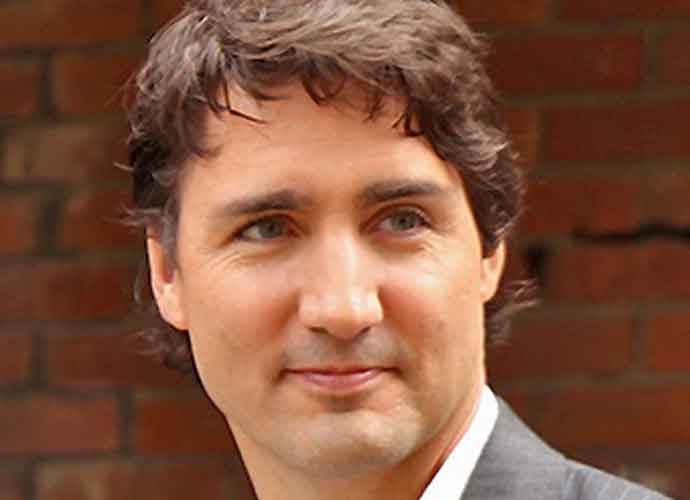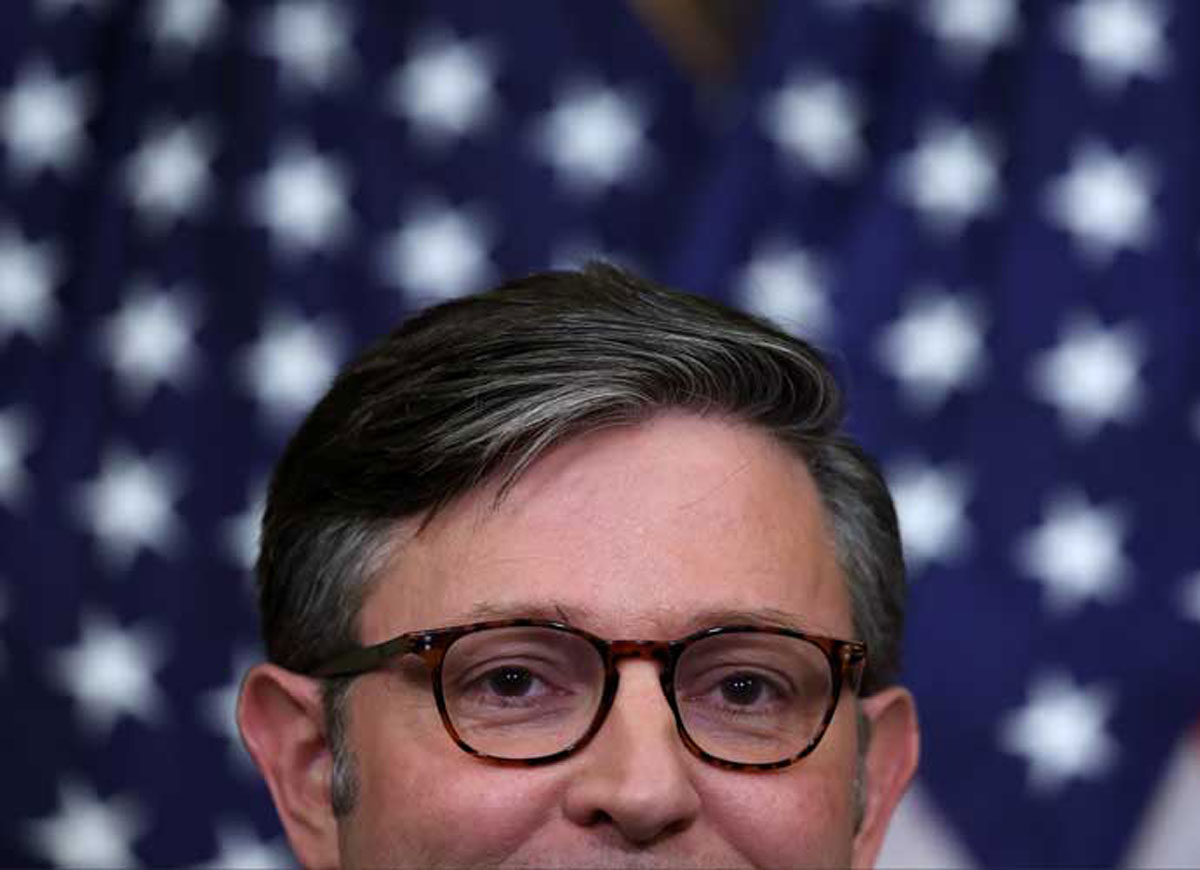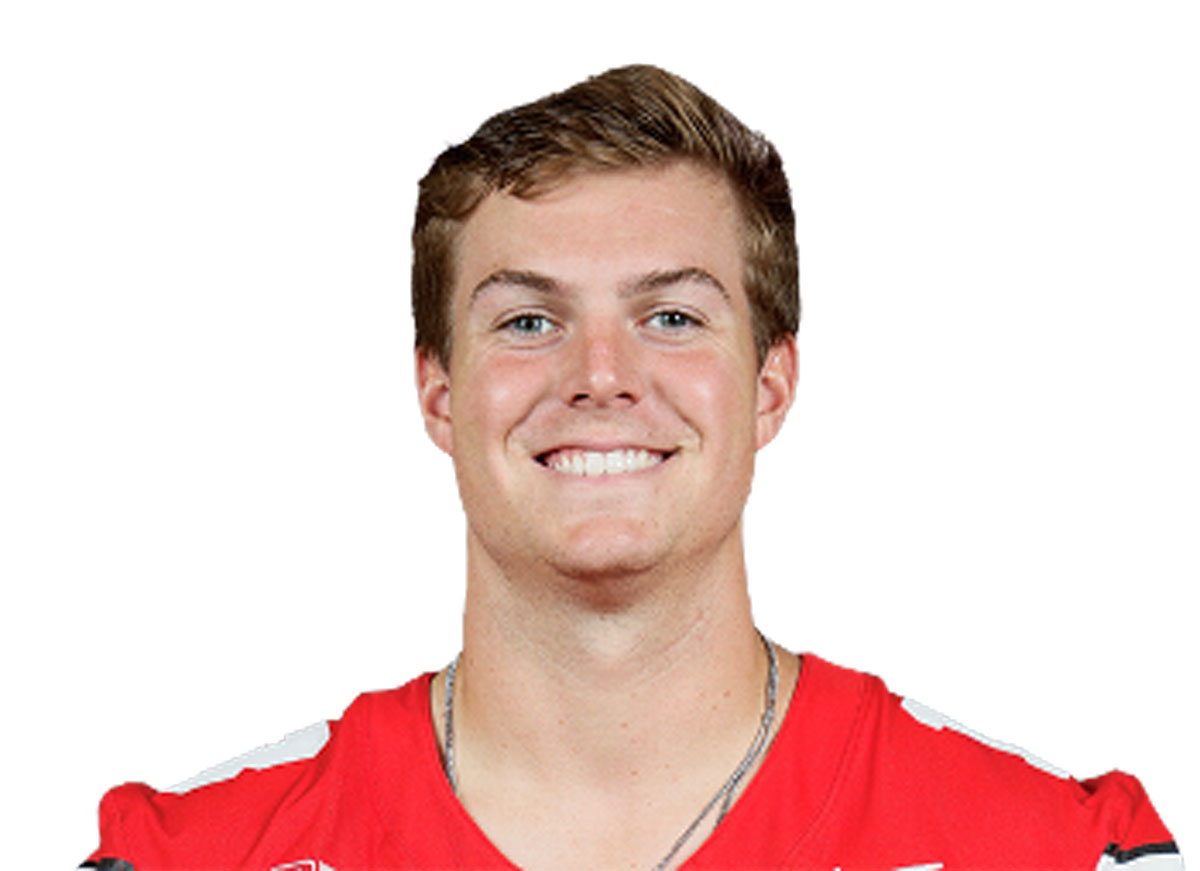Canadian Company Announces It Has License To Sell Cocaine Then Backtracks After Trudeau Objects
Last week, Adastra Labs, a Canadian cannabis company, announced that it had been granted permission to legally possess, produce and sell cocaine and psilocybin by Health Canada, the department in charge of the country’s health policy.
Since then, the company has taken back its statement, saying in a press release last week that its Controlled Substance license did not allow it to sell psilocybin, which is commonly known as magic mushrooms, or cocaine to the public in an open market.
50 BEST CELEBRITY BIKINIS SLIDESHOW!
Sunshine Earth Labs, another company that received a license from Health Canada, explained that they could only sell cocaine and psilocybin to pharmacists, practitioners or licensed dealers.
Prime Minister Justin Trudeau said that he was shocked about Adastra’s claim and that the federal government was “working very quickly” to sort out the mix-up.
On Thursday, Health Canada stated that the license to sell cocaine is for scientific and medical purposes only, not for the general public.
Adastra has since said that it will only produce cocaine to its license’s legal amount of 250 grams.
This comes a month after the Canadian province of British Columbia began a decriminalization plan for cocaine to combat the opioid epidemic and encourage addicts to seek medical help without fearing criminal charges. The program has already decriminalized the possession of up to 2.5 grams of drugs like cocaine and heroin.
The experimental process is an attempt to make safer drugs accessible for addicts who are at risk from illicit drugs sold on the street. The drugs would be regulated and taken under medical supervision to prevent overdose.
Since British Columbia declared the opioid crisis a public health emergency in 2016, over 11,000 people in the province have died of overdoses.
RELATED ARTICLES
Get the most-revealing celebrity conversations with the uInterview podcast!






Leave a comment